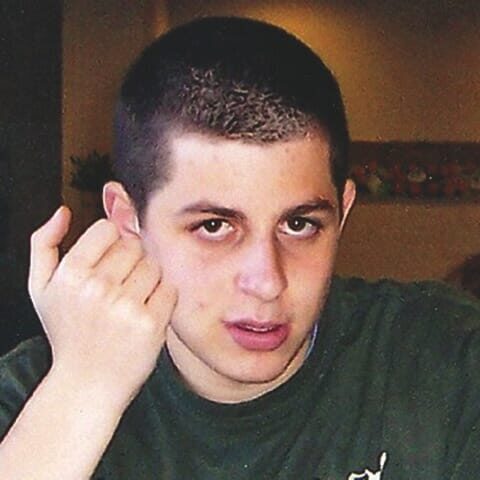
BBC and CBC coverage not up to par
Israeli Defense Forces (IDF) staff Sgt. Gilad Shalit is an Israeli soldier who was kidnapped from Israeli territory by Hamas militants on June 25, 2006, and held in solitary captivity for over five years until his release on Oct. 18, 2011. His release was part of a carefully orchestrated prisoner swap in which for the release of 1,027 Palestinian convicted criminals, Shalit received freedom.
Following one of the most groundbreaking political deals in the past decade came a wave of inaccurate and outright biased journalism.
Take for example Oct. 18, the same day Shalit was released, when a BBC journalist said to a Palestinian terrorist arriving in Egypt: “You and Gilad have both been in prison in similar situations.”
The prisoner in question was tried and ultimately convicted in a fair and legal trial. Shalit, on the other hand, was kidnapped while on active duty and kept “in a hole” for over five years with absolutely no communication to the outside world. How can any right-minded individual, let alone a respected news organization, compare these two people?
BBC News continued its inaccurate reporting when John Donnison interviewed Hamas terrorist Ahmad Abu Taha on the same day as Shalit’s release, saying: “You are 31 years old, 10 years in prison, serving a life sentence for being a member of Hamas.” But according to Israel’s Ministry of Foreign Affairs, “Abu Taha was involved in preparing explosives for Hamas terrorists in Ramallah, including the car bomb that exploded in Jerusalem on 29 July 2001. He also transported a suicide bomber, Ra’ad Baraguti, from Ramallah to Jerusalem, where on 4 September 2001 he killed himself and wounded 14 people.” Clearly he was jailed for more than just being a member of Hamas.
Even our own CBC produced inaccurate reporting on the return of Shalit. During an Oct. 18 television broadcast, the CBC reported that Shalit was traded for 1,000 “alleged” or “accused” murderers. The fact is that these men and women were responsible for the deaths of hundreds of men, women and children. How can the CBC call them “alleged” murderers and “accused” murderers when they were tried, found guilty and imprisoned accordingly for their crimes?
These are only a few examples of absolutely inaccurate and appalling journalism following the Gilad Shalit trade, where so much of what was reported was blatantly incorrect. For the individuals that understand the current conflict in the Middle East, it’s not too difficult to pick out the bits and pieces of biased and inaccurate journalism. However, for everyone outside of this political landscape, telling fable from fact becomes increasingly difficult.
It doesn’t seem as though these news organizations are deliberately trying to influence our views (at least, I hope not), but it is essential that journalists and news services discard their biases and discontinue swaying news in the direction of their desired political outcomes. They should simply deliver straight up, unbiased journalism.
Holding the media responsible for accurate and unbiased reporting is a task for us all. Let them hear your voice and demand accurate reporting.
To those of you in the media: think critically before you speak. Do the research, learn the facts and analyze the situation before giving us the news.







